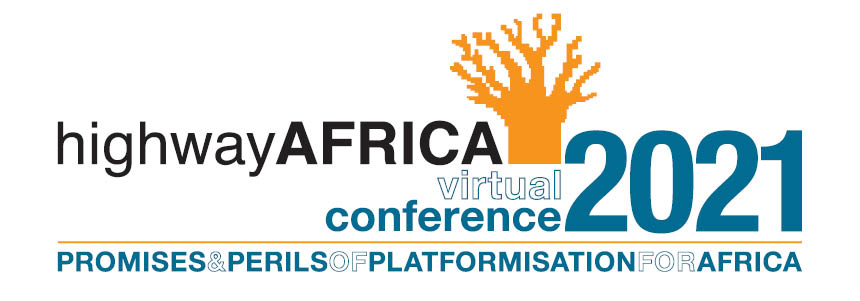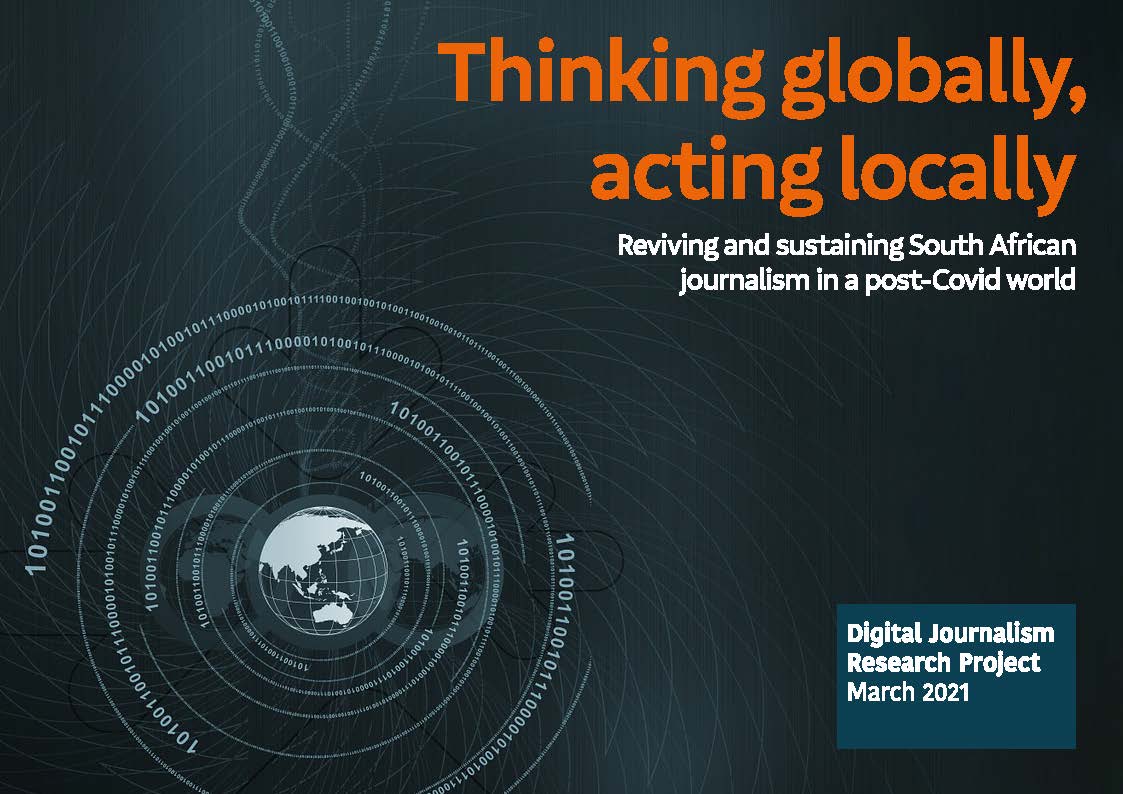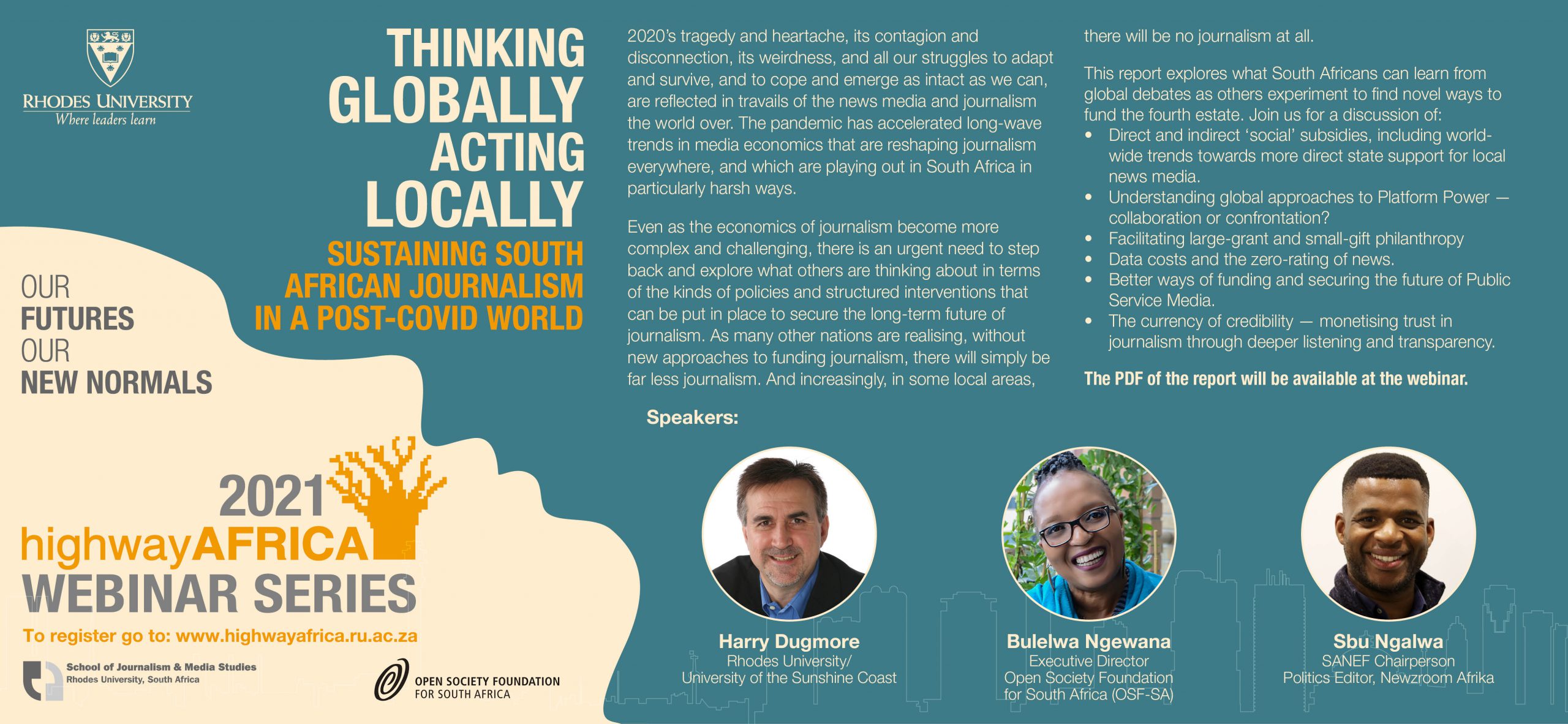
2020’s tragedy and heartache, its contagion and disconnection, its weirdness, and all our struggles to adapt and survive, and to cope and emerge as intact as we can, are reflected in travails of the news media and journalism the world over. The pandemic has accelerated long-wave trends in media economics that are reshaping journalism everywhere, and which are playing out in South Africa in particularly harsh ways.
Even as the economics of journalism becomes more complex and challenging, there is an urgent need to step back and explore what others are thinking about the kinds of policies and structured interventions that can be put in place to secure the long-term future of journalism.
As many other nations are realizing, without new ways of thinking and new approaches to funding journalism, there will simply be far less journalism. And increasingly, in some local areas, there will be no journalism at all.
At this webinar, hosted by Highway Africa, a new research explores what South Africans can learn from global debates as others experiment to find novel ways to fund the Fourth Estate. Join us for a discussion focusing on the following key issues:
- Direct and indirect ‘social’ subsidies, including world-wide trends towards more direct state support for local news media;
- Understanding global approaches to Platform Power — collaboration or confrontation?;
- Facilitating large-grant and small-gift philanthropy; and
- Data costs and the zero-rating of news.
- Better ways of funding and securing the future of Public Service Media
- The currency of credibility – monetising trust in journalism through deeper listening and transparency.
Those attending the webinar will be able to download the research report for free from https://highwayafrica.ru.ac.za/documents
Webinar speakers

Bulelwa Ngewana
Executive Director, The Open Society Foundation for South Africa (OSF-SA)
Bulelwa Ngewana is the Executive Director of the Open Society Foundation for South Africa (OSF-SA). Prior to joining OSF-SA, Bulelwa held leadership positions at a number of organisations, including the Bertha Centre for Social Innovation and Entrepreneurship, the Philippi Strategy Project, and the Cape Town Partnership. Bulelwa holds a master’s degree in Town and Regional Planning from the University of Kwazulu-Natal
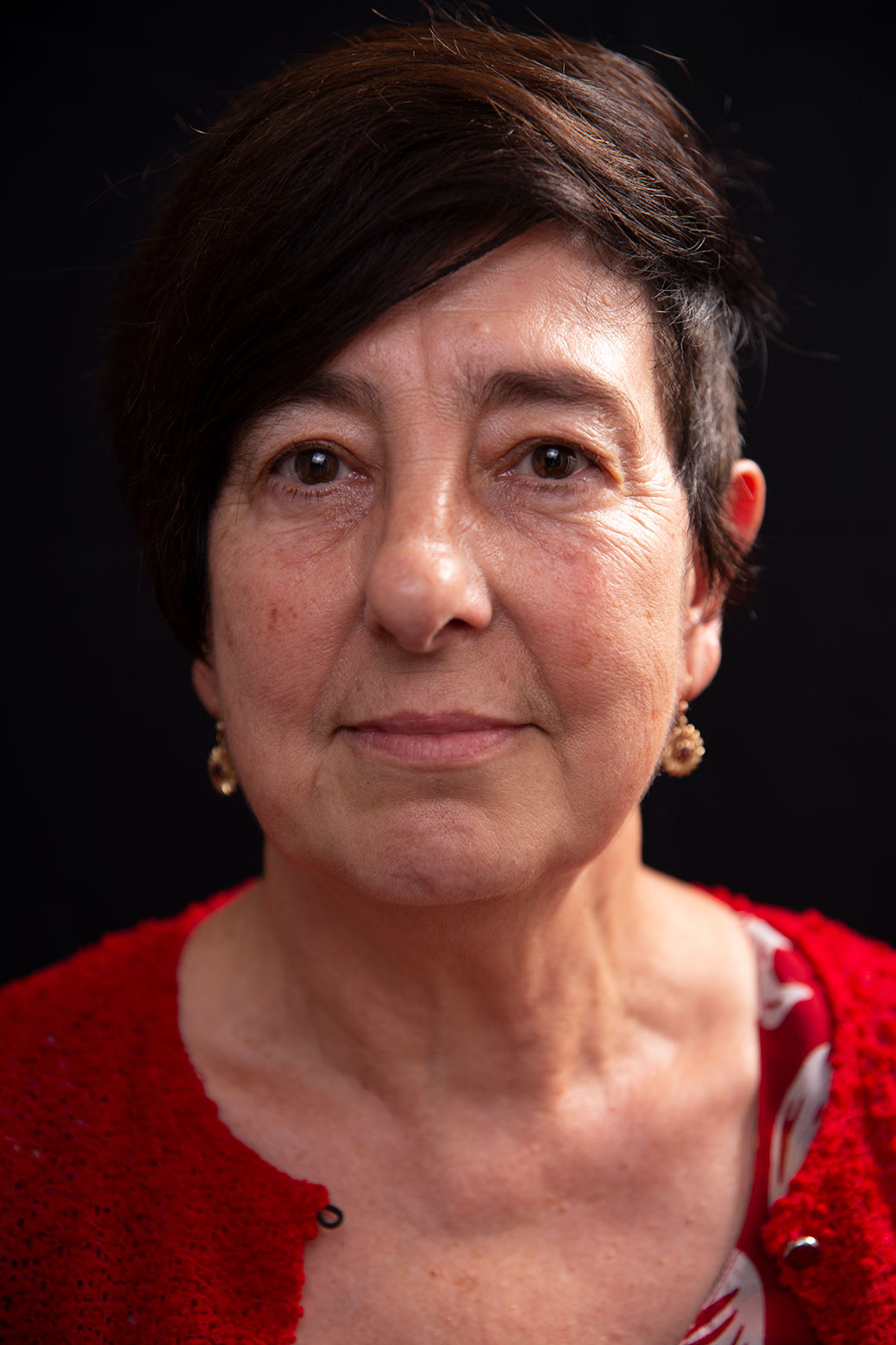
Anthea Garman
Head of Journalism and Media Studies, Rhodes University
Professor Anthea Garman is Acting Head of the School of Journalism and Media Studies. She chairs the Highway Africa steering committee and leads the NRF-funded project Licence to Talk which investigates the mediated South African public sphere. She teaches journalism writing, multimedia storytelling and academic writing.

Harry Dugmore
Senior Lecturer in Communication at the University of the Sunshine Coast’s new Moreton Bay campus, in Brisbane, Australia
Harry Dugmore was Associate Professor at Rhodes University’s School of Journalism and Media Studies (JMS) for all of the 2010s, and was on the board of Grocott’s Mail, South Africa’s oldest independent newspaper for 10 years while at the JMS. He was also involved with the annual Highway Africa conference in various capacities for a decade. Harry is the author of the 2018 report Paying the Piper: The sustainability of the news industry and journalism in South Africa in a time of digital transformation and political uncertainty. Harry is currently Senior Lecturer in Communication at the University of the Sunshine Coast’s new Moreton Bay campus, in Brisbane, Australia.

Sbu Ngalwa
SANEF Chairperson
Sbu Ngalwa is an experienced journalist with 18 years experience. Sbu has previously held a number of senior positions at various publications – including as Politics Editor at the Sunday Times and Editor-in-Chief of the Daily Dispatch and DispatchLive.
He has also worked as a Parliamentary Correspondent for Independent Newspapers. He is currently the Politics Editor at Newzroom Afrika – DStv Channel 405.
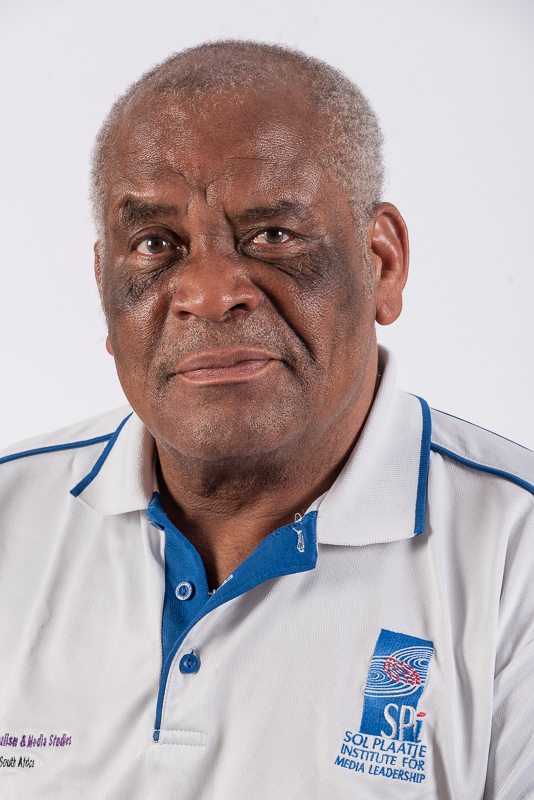
Francis Mdlongwa
Director Sol Plaatje Media Leadership Institute, Rhodes University
Francis heads Rhodes University’s Sol Plaatje Institute (SPI) for Media Leadership. He joined the SPI – Africa’s only university-level institute which educates and trains graduates and editors in media leadership and management – in 2004.
Mdlongwa distinguished himself as an international desk editor, bureau chief and senior roving international correspondent of Reuters, the world’s leading news and information agency, which employed him in several world capitals, including London, Nairobi and Harare, in the 1980s and 1990s.
He broke the story of the 1991 overthrow of Soviet President Mikhail Gorbachev and covered Africa’s civil wars and peace in diverse countries stretching from Sudan and Ethiopia in the North to Angola and Lesotho in the South. He reported on landmark elections in the 1990s which ushered in multi-party democracy in countries such as South Africa, Malawi and Kenya.
Mdlongwa has headed several African media. He has been Group Editor-in-Chief of Associated Newspapers, publishers of Zimbabwe’s Daily News, which was banned by the government in 2003; he was Editor-in-Chief of the Financial Gazette, an authoritative financial newspaper based in Harare, for nearly a decade; and he was head of news and current affairs at Channel Africa, the external news service of the South African Broadcasting Corporation (SABC).
Read more
Webinar recording
Webinar report
Webinar links
- https://www.observer24.com.na/southern-africa-rethinking-the-media-sustainability-models-in-the-post-covid-19/
- https://highwayafrica.ru.ac.za/wp-content/uploads/dlm_uploads/2021/03/Thinking_globally_acting_locally.pdf
- https://sanef.org.za/wp-content/uploads/2020/06/SANEF-Covid-Impact-Research-Final-Report9-optimized.pdf
- https://www.kas.de/documents/283221/283270/KAS_Saving+Journalism.pdf/8ee31596-7166-30b4-551f-c442686f91ae?version=1.4&t=1611338643015
